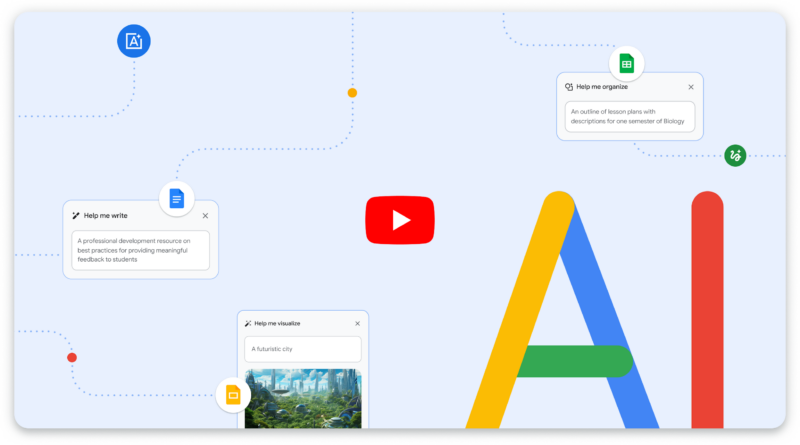AI Activities for K–12 Students Over Summer Break
Summer break is a perfect time for K–12 students to recharge, explore new interests, and dive into meaningful learning experiences. With the growing relevance of artificial intelligence (AI) in our world, what better time to get kids started with this transformative technology? Below are 10 fun and educational AI-related activities that will inspire curiosity and build valuable skills over the summer.
1. Join an AI Summer Camp or Workshop
Many organizations now offer exciting AI-themed camps that combine fun with foundational learning. These camps typically introduce AI concepts, coding, and real-world applications in a hands-on, age-appropriate format.

Try this:
Explore offerings from CodeWizardsHQ or AIClub—both host online camps for elementary, middle, and high school students.
2. Take Online AI Courses and Tutorials
Self-paced courses are a great way for students to learn about AI from anywhere. Many platforms offer beginner-friendly content, often for free.
Explore platforms like:
3. Build AI Projects with Visual Programming Tools
No heavy coding needed! Visual tools make AI accessible to younger students. They can create projects like chatbots or AI games through drag-and-drop programming.
Popular tools:
- Scratch with machine-learning extensions
- MIT App Inventor
4. Learn Python and AI Libraries
Older students can take their learning further by mastering Python and using powerful libraries like TensorFlow or PyTorch. These skills open doors to more advanced projects like emotion detection or AI games.
Start here:
Check out Veritas AI for structured programs designed for high schoolers.
5. Play AI-Themed Games and Use Interactive Platforms
Turn learning into play! Many platforms use games to teach AI concepts in a fun, memorable way.
Check out:
AI for Oceans on Code.org, where students train AI to clean up ocean trash.
6. Create AI-Generated Art or Music
AI isn’t just about numbers and code—it can also be incredibly creative! Students can use AI to produce music, art, and stories, giving them insight into how machines “think” creatively.
Fun tools to try:
7. Dive into AI Ethics
Understanding the why behind AI is just as important as the how. Students can explore the societal impact of AI, including topics like bias, fairness, and privacy.
Recommended resource:
AI4ALL offers inclusive programs that focus on AI’s ethical dimensions and societal implications.
8. Join AI Competitions and Challenges
Students can apply what they’ve learned in friendly AI competitions. These events build problem-solving and teamwork skills while allowing students to tackle real-world challenges.
Get started:
Explore opportunities through the AI Education Project and similar organizations.

9. Read AI-Inspired Books and Watch Documentaries
Sometimes the best way to learn is through a story. Books and films can inspire students by showcasing how AI works and how it’s changing our lives.
Suggestions:
- Hello Ruby: Adventures in Coding by Linda Liukas (great for younger kids)
- Documentaries like Do You Trust This Computer? or Coded Bias (for older students)
Let's Go Learn's diagnostic assessments
With Let’s Go Learn, you can create personalized instruction that inspires success for each learner, as you differentiate curriculum for intervention, remediation, and enrichment.
10. Build an AI Project for Social Good
Encourage students to identify a local or global problem and develop an AI-powered solution. This not only reinforces their learning but helps them see the positive impact AI can have.
Project ideas:
- Train an AI model to recognize recyclable materials
- Create a chatbot that provides local resource information for underserved communities
Final Thoughts
From creating art to solving environmental problems, these summer activities can ignite a passion for AI in young minds. Whether your child is new to coding or already a tech whiz, there’s an opportunity here to learn, explore, and make a difference—all while having fun.
Let this summer be the season they discover the power and potential of artificial intelligence!


